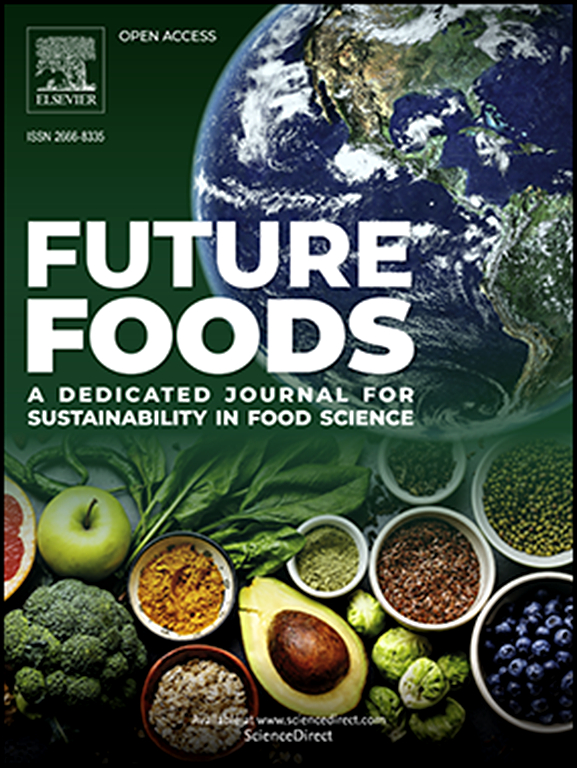Do ingredients matter? Exploring consumer preference for abstract vs. concrete descriptors of plant-based meat and dairy alternatives
IF 7.2
Q1 FOOD SCIENCE & TECHNOLOGY
引用次数: 0
Abstract
It is widely accepted that reducing the consumption of animal-based products bodes well for improving planetary and human health. Plant-based meat and dairy alternatives (PBMDAs) can contribute to this transition. How products are described is an important mechanism in enhancing their appeal. Product descriptors of PBMDAs vary in abstraction, ranging from indicating the absence of animal-based ingredients (e.g., meat-free burger) to identifying the presence of plant-based ingredients (e.g., plant-based burger) to highlighting the primary ingredient (e.g., lentil-based burger). Considering this, the study explored how British consumers (n=1073) rationalise abstract to concrete product descriptors and how this influences appeal, taste, health, and sustainability expectations. Many consumers find PBMDAs most appealing when described with high levels of abstraction, by simply describing the product as meat-or dairy-free. Similarly, the mentioning of explicit ingredients can carry pre-existing connotations. While appeal for PBMDAs differed significantly by abstraction, this variation was less pronounced in taste expectations, and even less so in terms of health and sustainability expectations. This implies that manufacturers can leverage abstract product descriptors for more flexibility in product formulation. Additionally, it helps integrate economical, functional and underused substitutes, including food by-products and novel proteins, which may not otherwise have widespread appeal.
求助全文
约1分钟内获得全文
求助全文
来源期刊

Future Foods
Agricultural and Biological Sciences-Food Science
CiteScore
8.60
自引率
0.00%
发文量
97
审稿时长
15 weeks
期刊介绍:
Future Foods is a specialized journal that is dedicated to tackling the challenges posed by climate change and the need for sustainability in the realm of food production. The journal recognizes the imperative to transform current food manufacturing and consumption practices to meet the dietary needs of a burgeoning global population while simultaneously curbing environmental degradation.
The mission of Future Foods is to disseminate research that aligns with the goal of fostering the development of innovative technologies and alternative food sources to establish more sustainable food systems. The journal is committed to publishing high-quality, peer-reviewed articles that contribute to the advancement of sustainable food practices.
Abstracting and indexing:
Scopus
Directory of Open Access Journals (DOAJ)
Emerging Sources Citation Index (ESCI)
SCImago Journal Rank (SJR)
SNIP
 求助内容:
求助内容: 应助结果提醒方式:
应助结果提醒方式:


